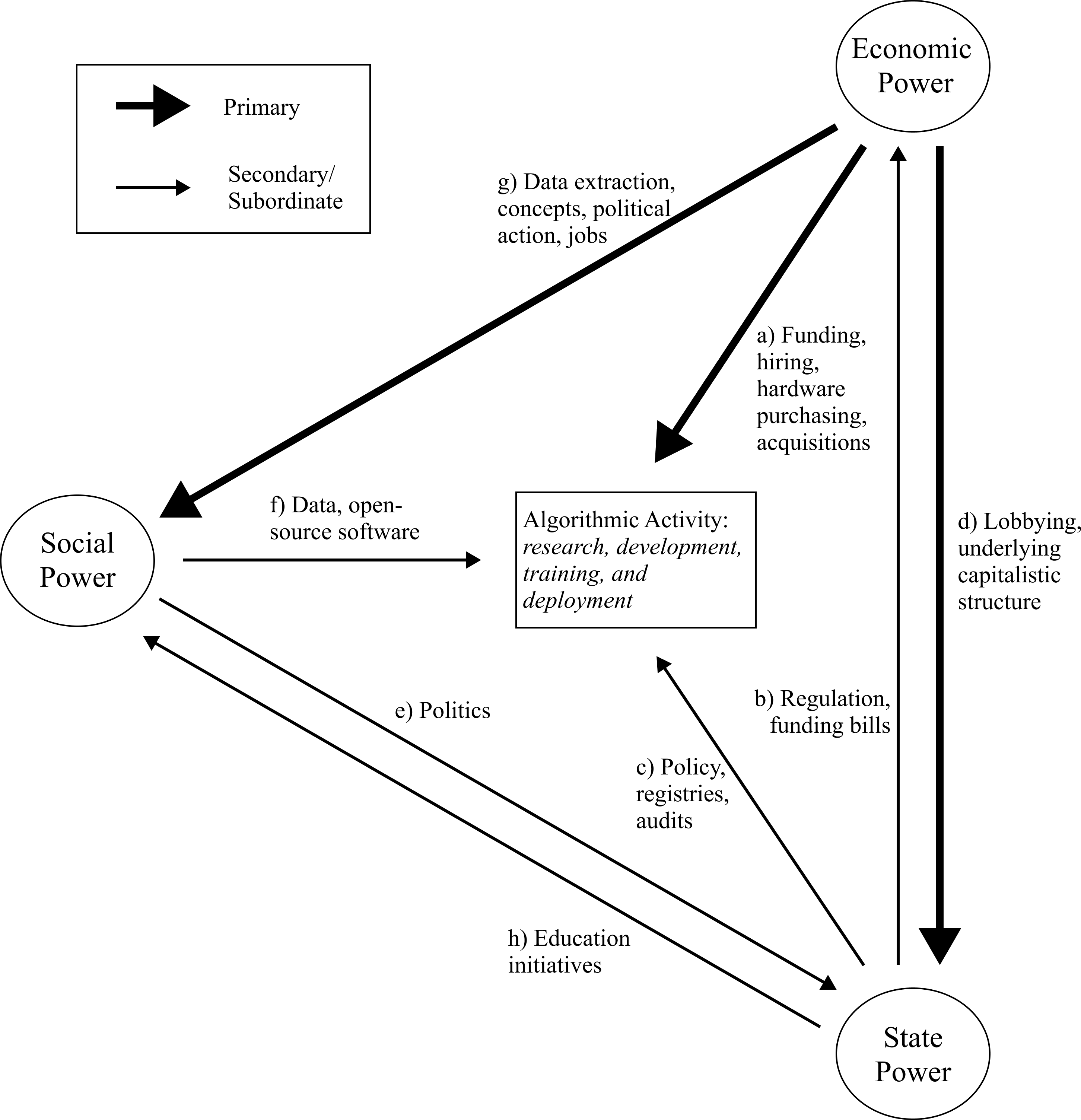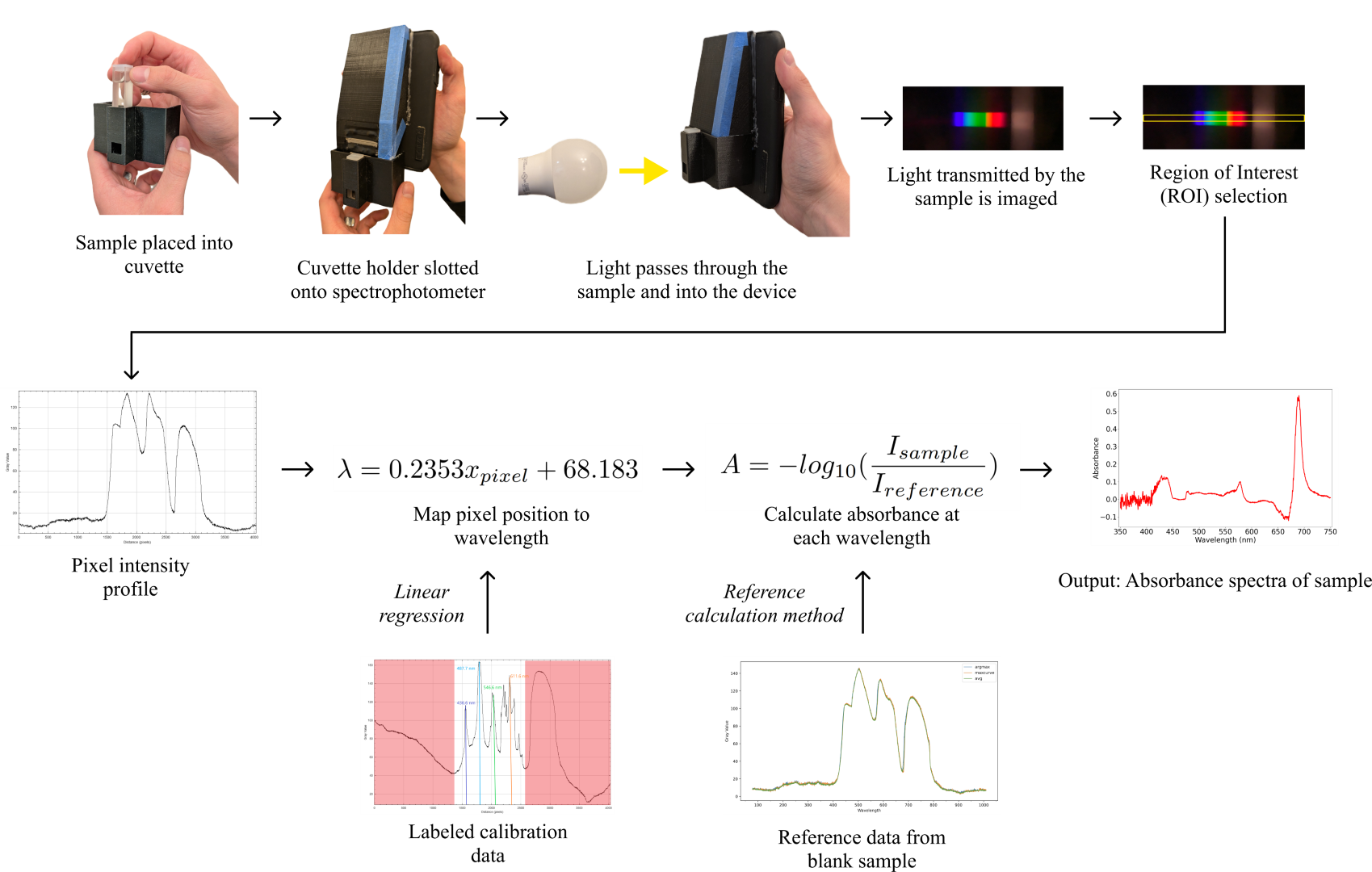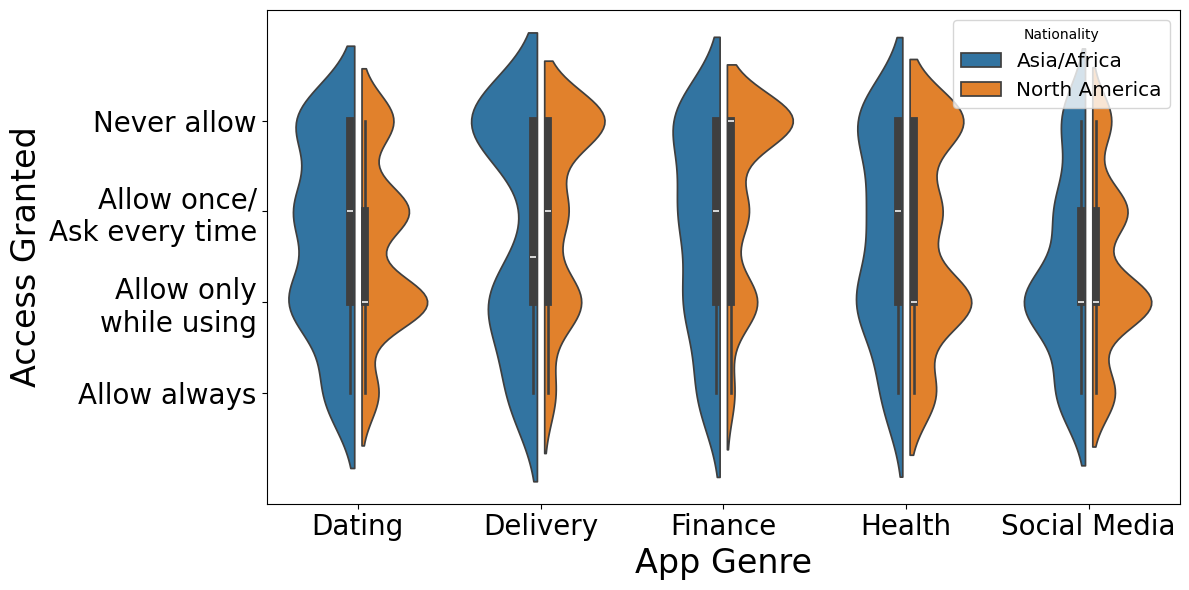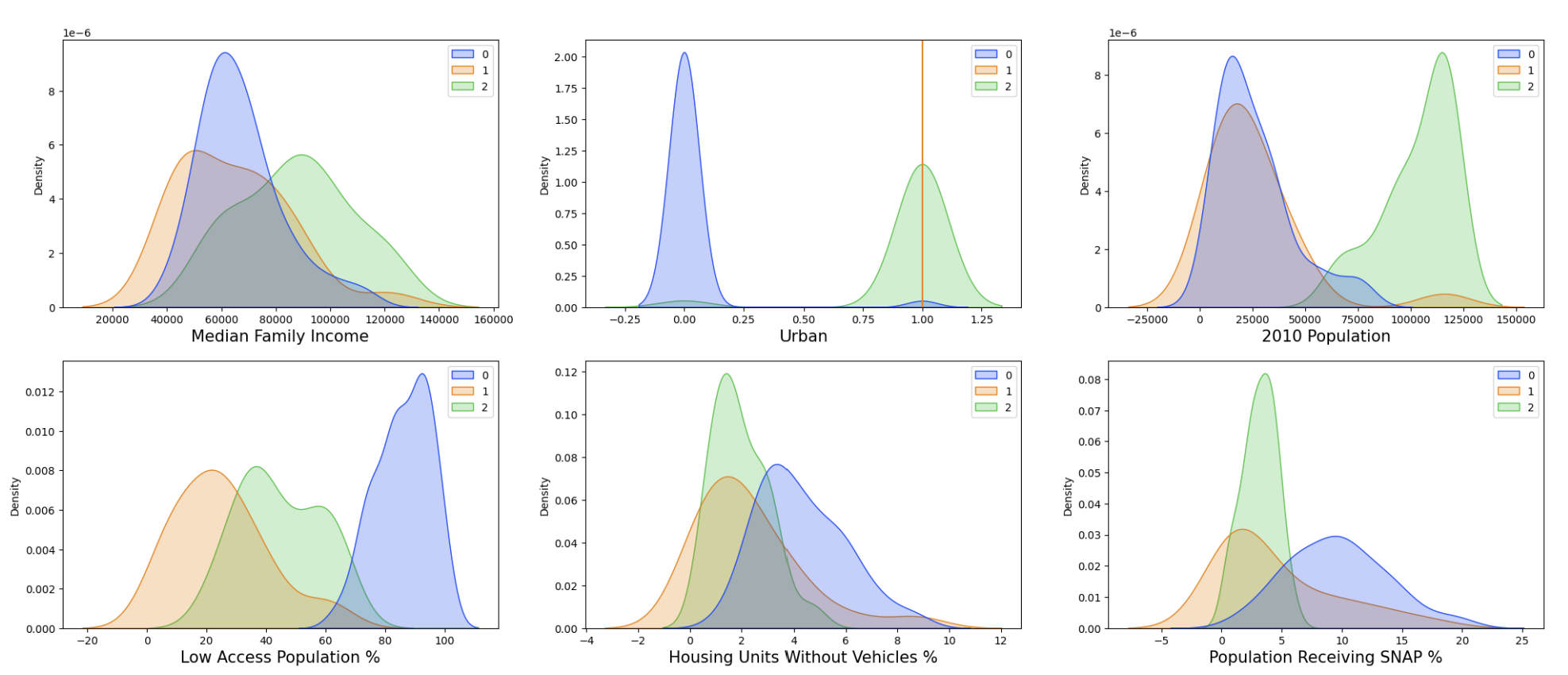Why Algorithms Remain Unjust: Power Structures Surrounding Algorithmic Inequality
Published in arXiv, 2024
Inspired by the sociologist Erik Olin Wright, I conducted an analysis of the power structures that interact with and influence the ways algorithms impact society to perpetuate injustice. Under review at ACM CHI 2025 (alt.chi track).
Recommended citation: Balch, Andrew. (2024). "Why Algorithms Remain Unjust: Power Structures Surrounding Algorithmic Inequality." arXiv preprint arXiv:2405.18461.
Download Paper





 .
.